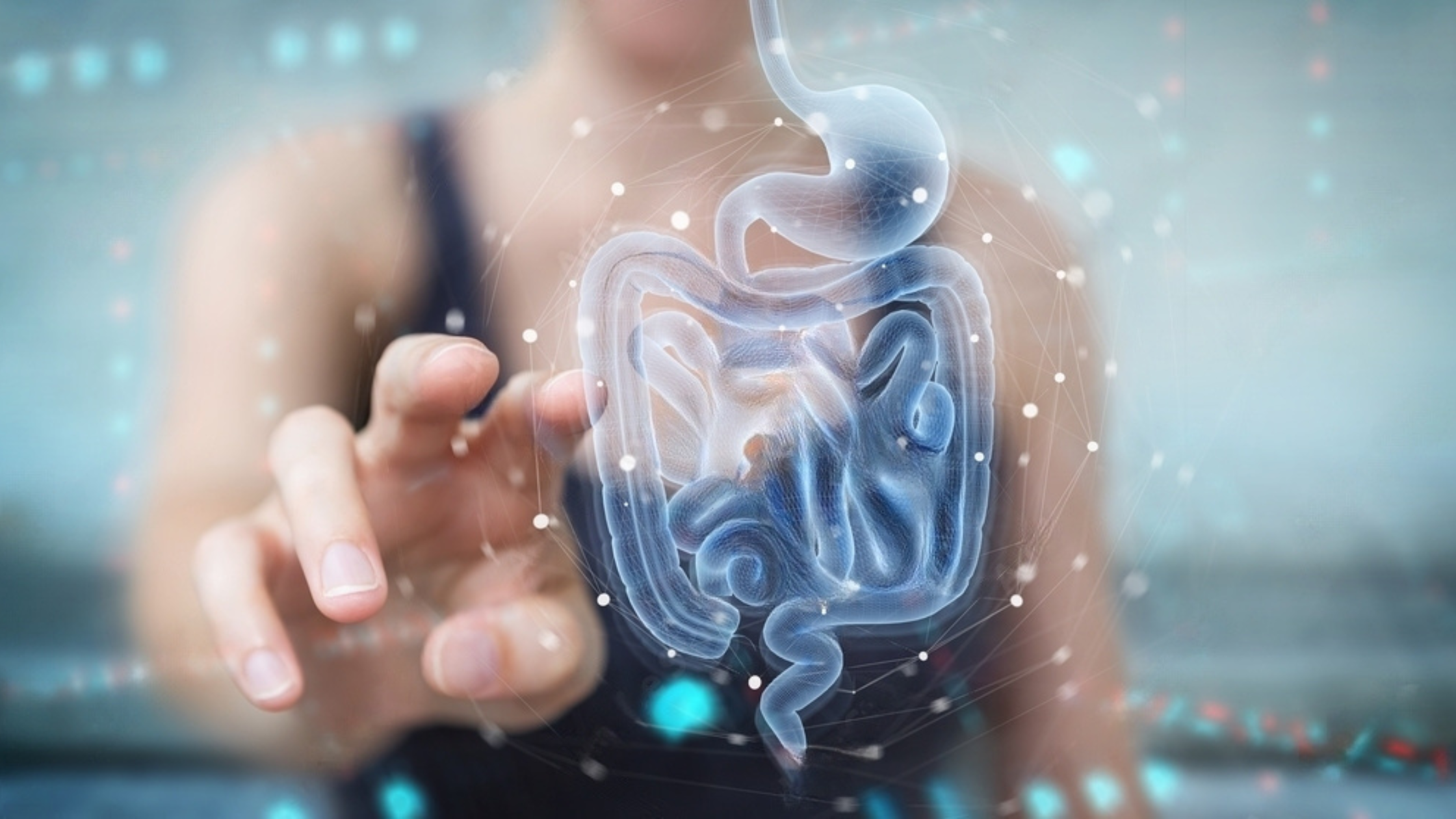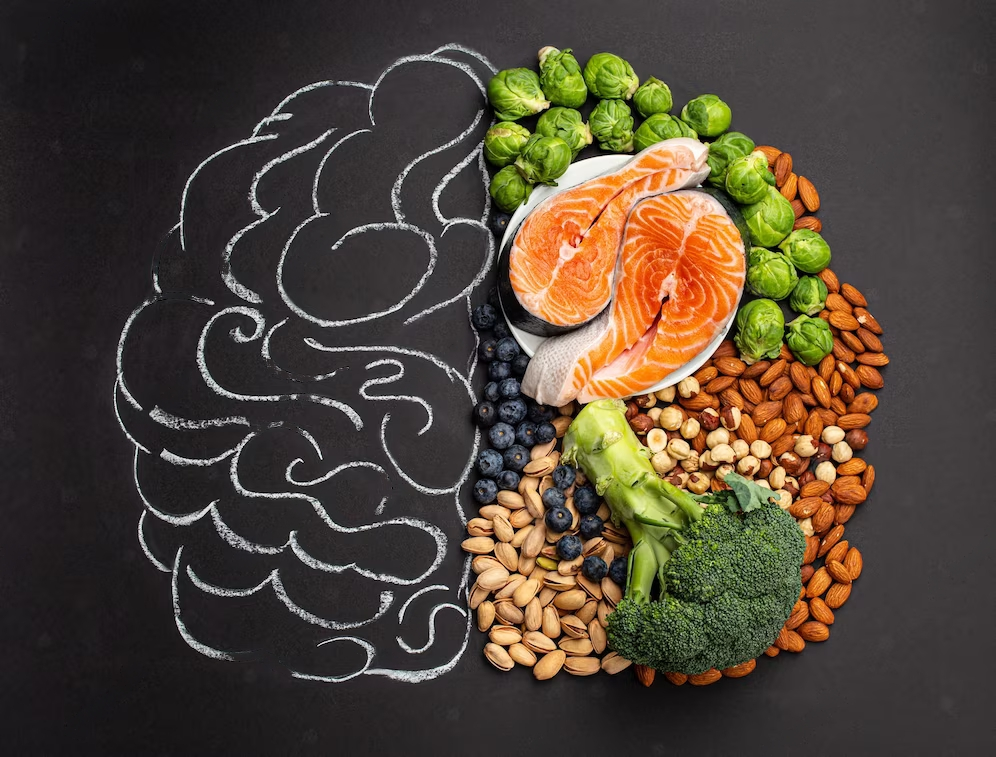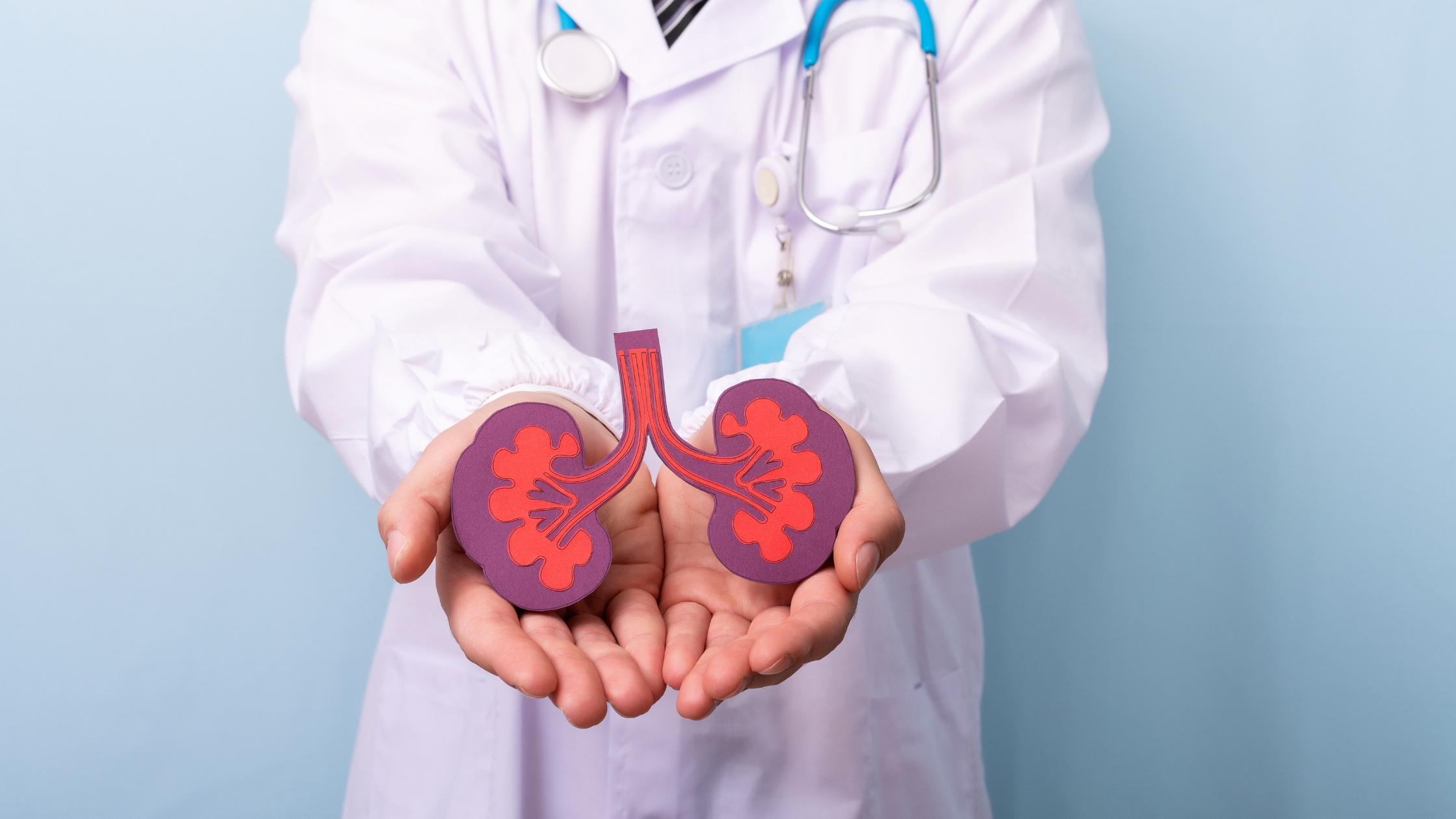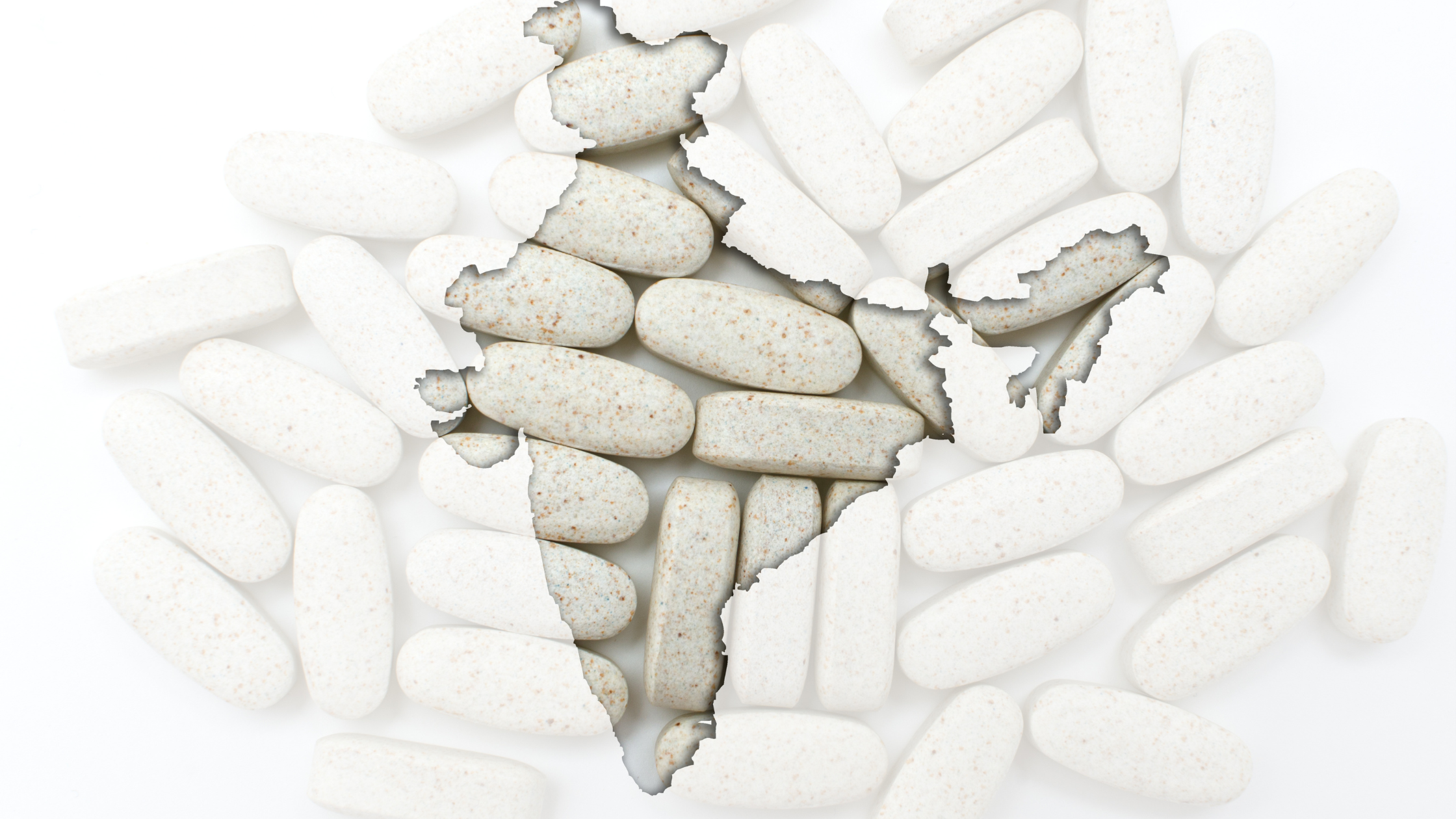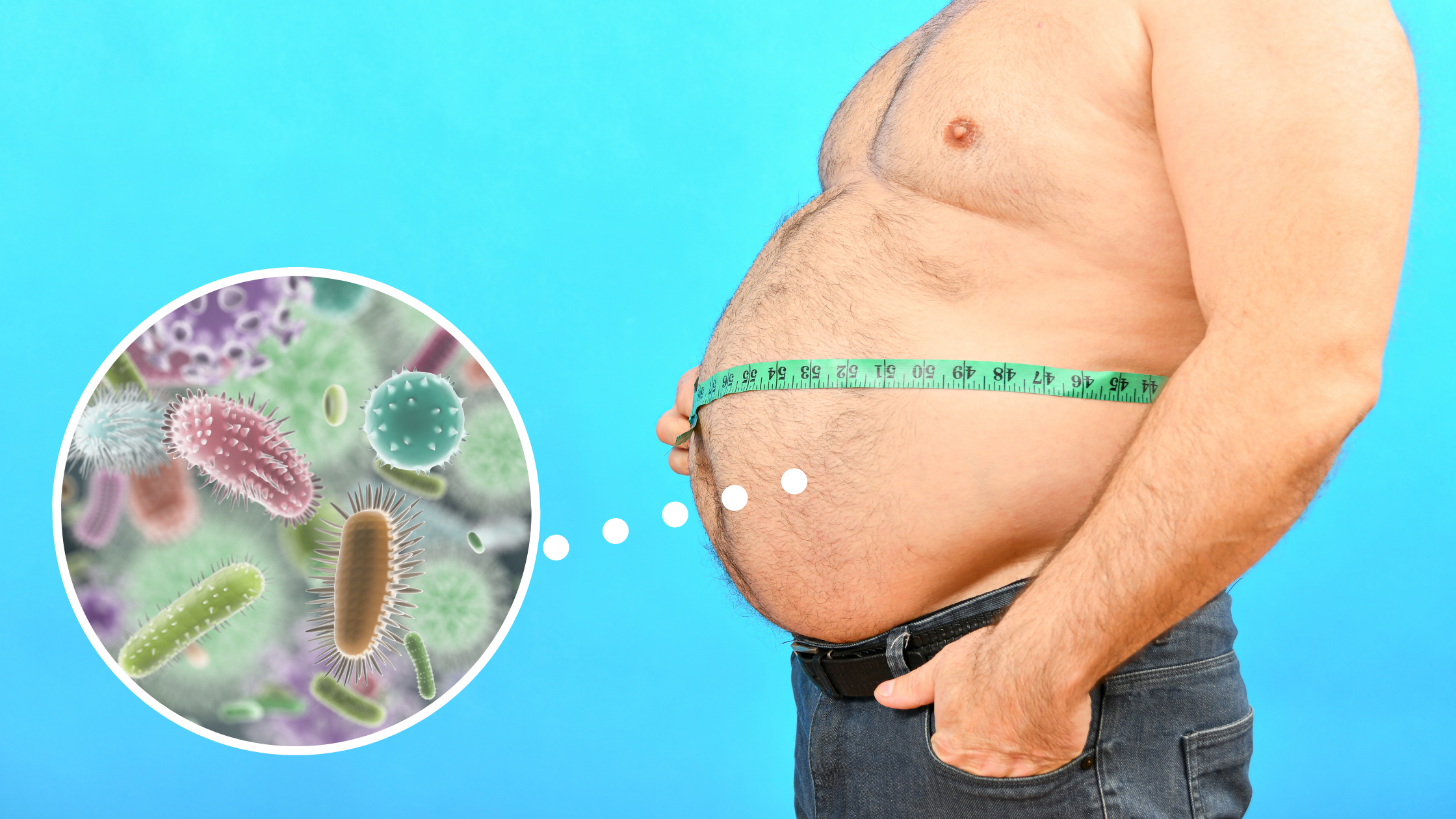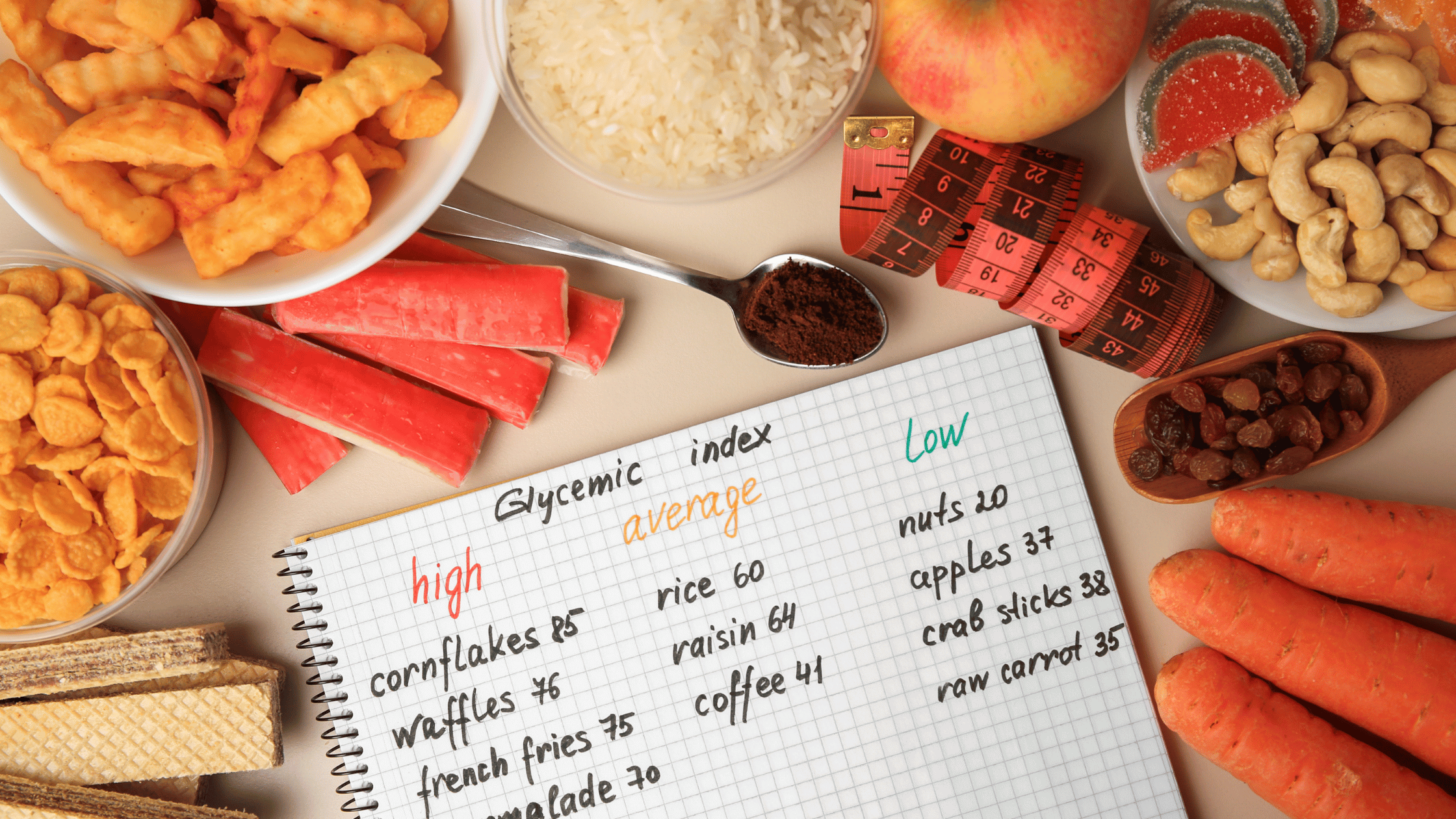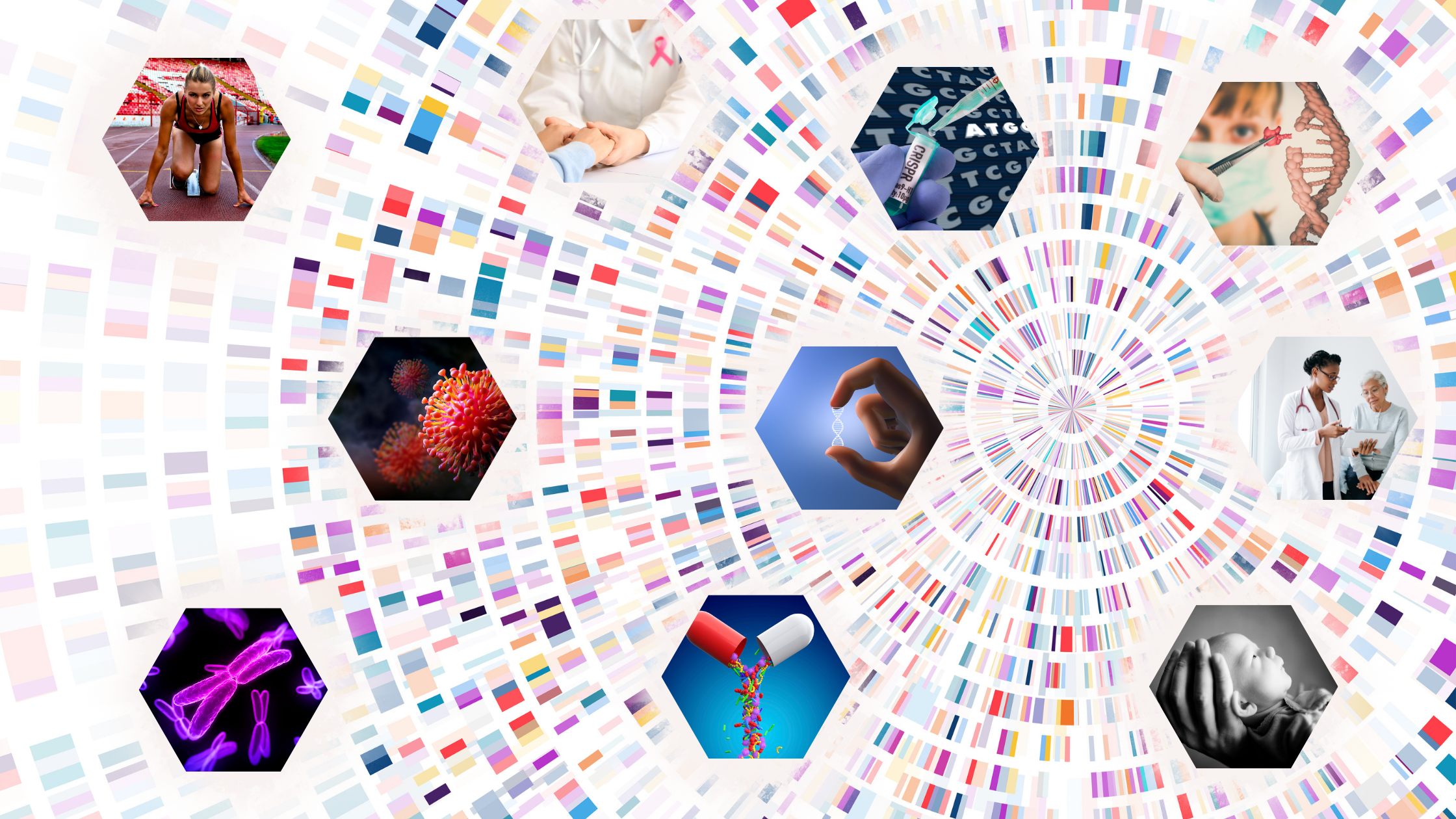“Food for fertility”- Nurturing The Nature

Globally, infertility affects 10% to 15% of couples, with about 1 in 8 women experiencing fertility problems. In India, the prevalence is also around 10% to 15%, driven by factors like lifestyle and environmental influences.
Genetics plays a role in female fertility, but predicting fertility outcomes solely based on genetics is challenging due to genetic variability and the multifactorial nature of fertility. While genetic testing can provide insights, a comprehensive approach considering lifestyle, medical history, and reproductive goals is necessary for accurate fertility assessment and management.
Genetics plays a crucial role in female infertility, influencing various aspects of reproductive health and function. Conditions such as Turner syndrome, Fragile X syndrome, and polycystic ovary syndrome (PCOS) are directly linked to infertility and are driven by genetic factors. Chromosomal abnormalities, especially involving the X chromosome, can disrupt normal reproductive processes. Genes responsible for hormone regulation, such as follicle-stimulating hormone (FSH) and luteinizing hormone (LH), can impact ovarian function and menstrual cycles. Additionally, genetic variations can affect the development and function of reproductive organs, contributing to fertility issues. Genetic testing (Diagnostic) is essential in identifying these factors and guiding personalised treatments to address female infertility effectively.
Understanding the difference between fertility and infertility in women:
Fertility and infertility in women are two opposite ends of the spectrum related to the ability to conceive and carry a pregnancy to term. Here are the key differences between the two:
1. Fertility:
- Fertility refers to the natural ability of a woman to conceive and sustain a pregnancy.
- A fertile woman has regular menstrual cycles, releases healthy eggs from her ovaries during ovulation, and has a uterus capable of supporting a developing foetus.
- Various factors, including age, hormonal balance, reproductive health, and overall well-being influence fertility.
- Fertile women are more likely to become pregnant within a reasonable timeframe when trying to conceive.
2. Infertility:
- Infertility is the inability of a woman to conceive after one year of regular, unprotected intercourse (if under 35 years old) or six months (if 35 or older).
- It can result from various factors, such as hormonal imbalances, structural issues in the reproductive organs, ovulation disorders, blocked fallopian tubes, or health conditions affecting fertility.
- Infertility may be primary (never conceived) or secondary (previously conceived but unable to conceive again).
- Diagnosis and treatment of infertility often involve medical evaluation, fertility testing, lifestyle modifications, fertility medications, assisted reproductive technologies (ART) like in vitro fertilisation (IVF), or surgical interventions.
Fertility represents the natural reproductive capacity of a woman, while infertility denotes the inability to achieve pregnancy despite regular attempts. Infertility requires medical evaluation and intervention to identify underlying causes and optimize the chances of conception.
Role of Nutrition in fertility and infertility management:
Nutrition plays a crucial role in both improving fertility and managing infertility. A well-balanced diet rich in essential nutrients can enhance reproductive health and increase the chances of conception. Conversely, poor nutrition, excessive caffeine or alcohol intake, and unhealthy weight can negatively impact fertility and increase the risk of infertility. Therefore, adopting a healthy diet and lifestyle can significantly improve fertility outcomes and support overall reproductive wellness. Nutrients support hormone balance, egg and sperm health, menstrual regularity, and overall reproductive function.
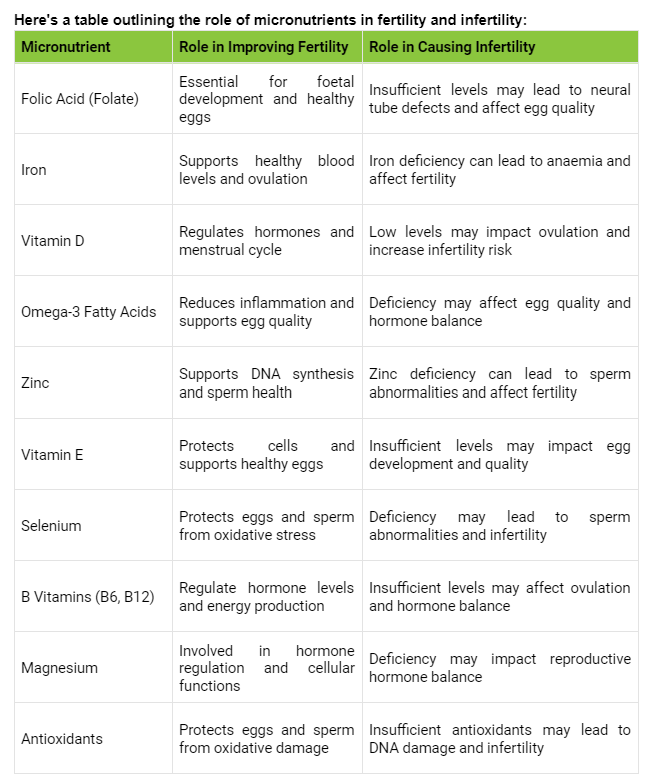
It's important to note that while these micronutrients play roles in fertility and infertility, individual nutrient needs may vary based on how their genetics play out in metabolising these nutrients, hence nutrigenomics can be a great tool in determining it. Consulting with a Nutritionist or a fertility specialist can help determine the appropriate levels of micronutrients based on individual health status and fertility goals required to be consumed and followed up with a structured plan

The Gene Box





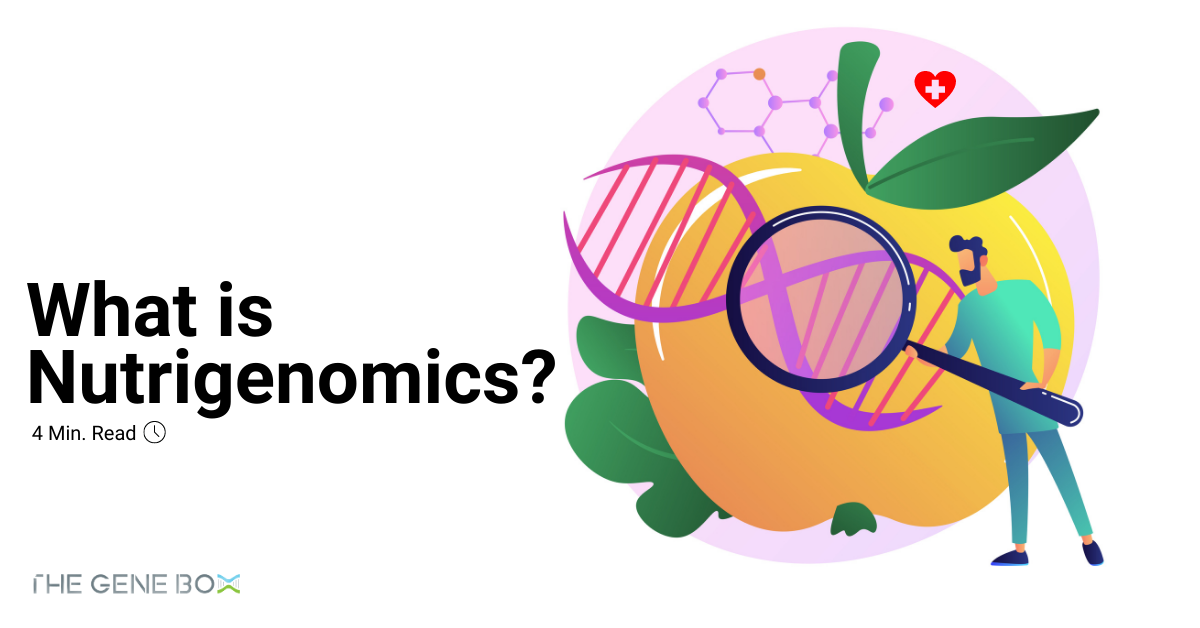


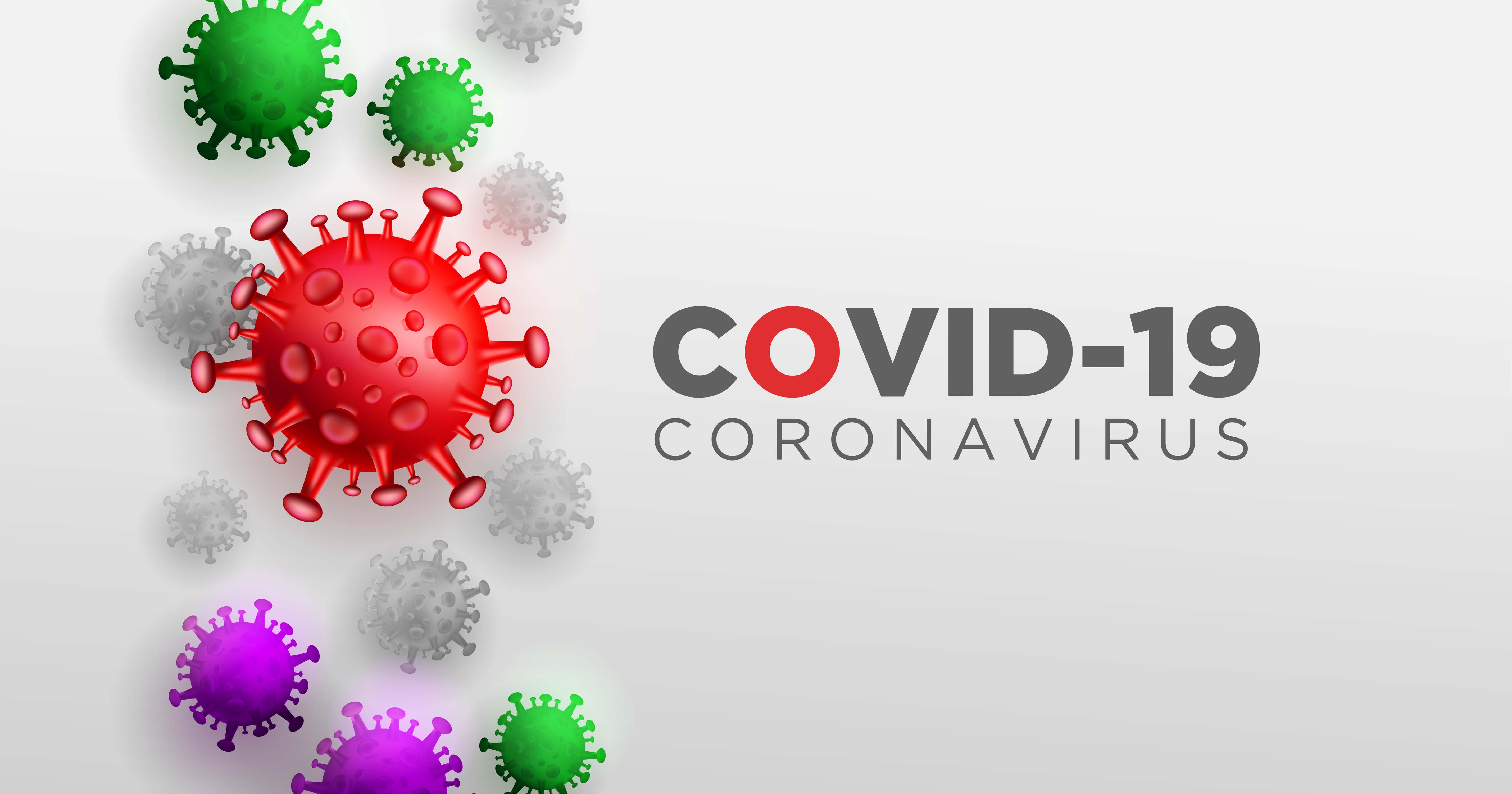
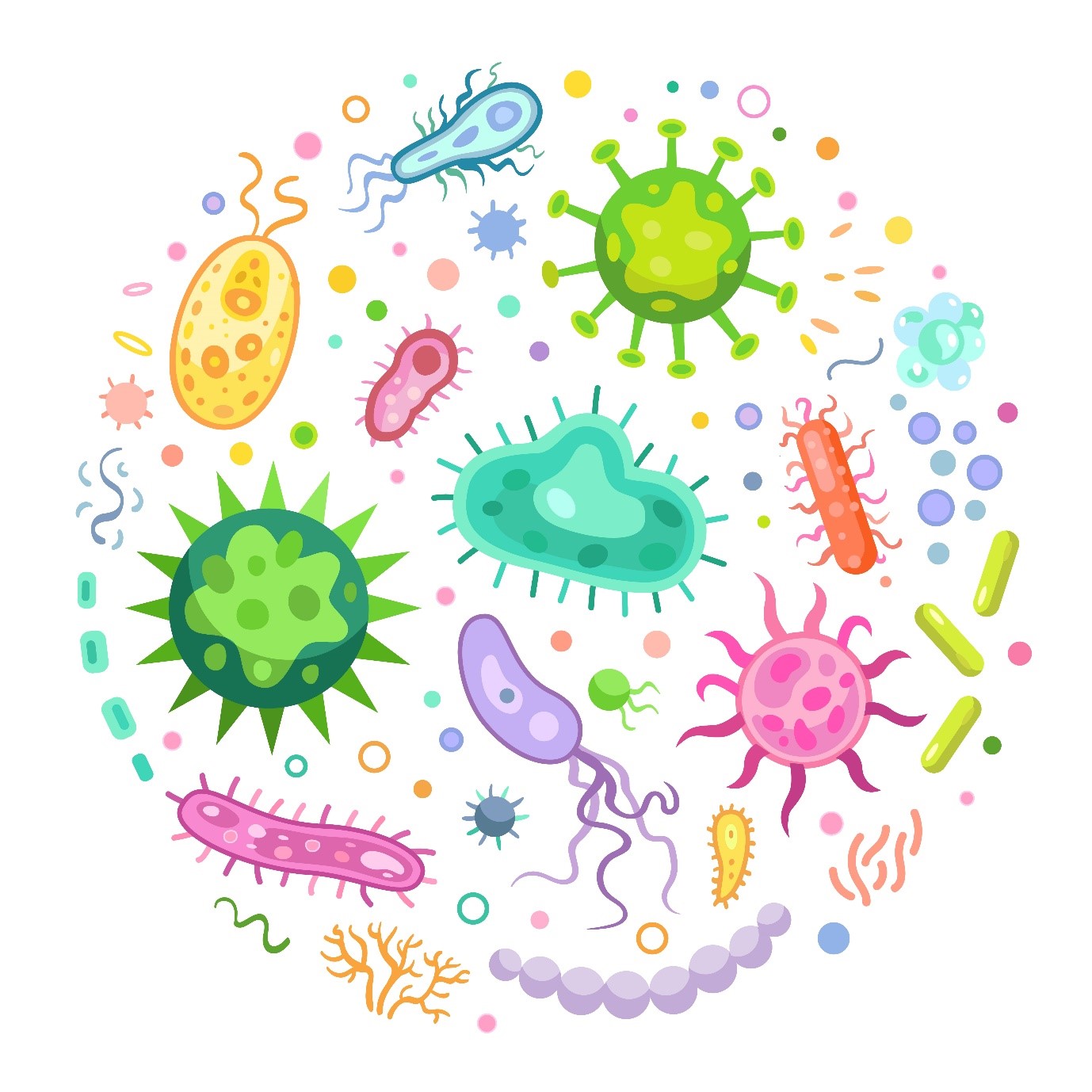

.png)


















